How Much Is Dental Sedation? Understanding Your Options and Costs
Dental anxiety is more common than most people realise. Whether it stems from a past experience or a general fear of dental procedures, dental sedation in Leicester offers a calm, comfortable alternative for patients. But how much does dental sedation actually cost?
At Everysmile Dental Clinic in Leicester, your trusted Dentist Leicester, we offer tailored dental sedation options to help make your dental visits as stress-free as possible. In this comprehensive guide, we break down the cost, types of sedation, benefits, risks, comparisons with alternatives and what you can expect from your dental sedation experience.
What Is Dental Sedation?
Dental sedation involves the use of medication to relax patients before and during dental procedures. It’s particularly useful for patients with:
- Dental phobia or anxiety
- Previous traumatic dental experiences
- Complex treatment plans
- Strong gag reflexes
- Fear of needles or drills
- Sensitivity to pain or discomfort
There are several types of dental sedation used in dentistry:
1. Inhalation Sedation (Nitrous Oxide / Laughing Gas)
2. Oral Sedation
3. Intravenous (IV) Sedation
4. General Anaesthesia
How Much Does Dental Sedation Cost in Leicester?
The cost of dental sedation dentistry varies depending on the type of sedation and the duration of the procedure. At Everysmile Dental Clinic, we offer IV sedation starting from £250 per session. However, the total cost can vary based on:
- Length of the dental procedure
- Complexity of treatment
- Patient medical history
- Number of sedation sessions required
At EverySmile, we assess your needs holistically to determine if sedation is right for you.
Dental Sedation Cost at Everysmile:
Inhalation Sedation
Cost: £195
IV Sedation
Cost: £250 per hour
What’s Included in the Cost of dental Sedation Dentistry?
At Everysmile Dental Clinic, our dental sedation service includes:
- A pre-treatment consultation and full medical assessment
- Monitoring by a trained dental professional throughout the procedure
- Post-operative recovery and observation in our comfort suite
- Clear aftercare instructions and follow-up support
Benefits of dental Sedation Dentistry
Dental sedation dentistry is not just about easing anxiety. It offers multiple clinical and psychological advantages, including:
- Fewer appointments: Complex procedures can often be completed in a single visit
- Comfortable experience: Patients feel no pain and often don’t remember the procedure
- Improved treatment outcomes: Reduced movement allows dentists to work with greater precision
- Better patient compliance: Encourages regular visits and better long-term oral health
Who Can Benefit from Sedation?
- Nervous or phobic patients
- People with special needs or neurological conditions
- Patients undergoing oral surgery
- Those requiring multiple procedures in one visit

Why Choose Everysmile Dental Clinic for Dental Sedation Dentistry in Leicester?
When choosing a dental clinic for sedation, experience and care standards matter. At Everysmile Dental Clinic, we ensure:
- GDC-registered sedation-trained clinicians
- State-of-the-art technology and safety monitoring
- A calm, judgement-free environment
- Transparent pricing and personalised treatment plans
Our dedicated sedation page offers detailed insights into our approach.
Dental sedation vs Local Anaesthesia: What’s the Difference?
Before Your Appointment:
- You will attend a consultation to assess your medical history and suitability
- You’ll receive detailed pre-sedation instructions, including when to stop eating/drinking
During the Procedure:
- A sedative is administered (typically IV)
- You’ll remain conscious but relaxed, with minimal memory of the treatment
- Vital signs are continuously monitored
After the Procedure:
- You’ll rest in our recovery area until you are fully alert
- A responsible adult must accompany you home
- You should rest for the remainder of the day and avoid driving or operating machinery
Dental sedation vs Local Anaesthesia: What’s the Difference?
Many patients confuse dental sedation with local anaesthesia. Here’s a simple breakdown:
- Nausea or dizziness
- Mild headaches
- Drowsiness post-treatment
- Rare allergic reactions or complications due to medications
We mitigate risks through thorough medical screenings and trained clinical oversight.
Safety Tip: Always disclose your full medical history and current medications to ensure safe sedation.
Dental sedation vs Local Anaesthesia: What’s the Difference?
Many patients confuse dental sedation with local anaesthesia. Here’s a simple breakdown:
Local Anaesthetic
Sedation
They can also be used together. For example, we often use IV sedation in conjunction with local anaesthetics for procedures like root canals or extractions.
Will My Insurance Cover Sedation Dentistry?
NHS treatments typically do not include sedation, except in special cases. Private insurance plans vary, but some may cover part or all of the cost depending on the policy.
We advise checking with your insurance provider or contacting our reception team for assistance.
FAQs About Sedation Dentistry
How long does dental sedation last?
Effects can last 2–6 hour, depending on the sedative. Full alertness may take 24 hours.
Will I feel pain during the procedure?
No, dental sedation combined with local anaesthetic ensures a pain-free experience.
Can children have sedation?
Yes, but it depends on age, medical history and type of procedure. We evaluate each case individually.
Do I need someone with me after sedation?
Yes, you must be accompanied home and should not be alone for at least 12 hours.

Take the First Step Toward Comfortable Dentistry
If fear has kept you from getting the dental care you need, dental sedation dentistry may be the answer. At Everysmile Dental Clinic, we make it easier than ever to prioritise your oral health without anxiety.

